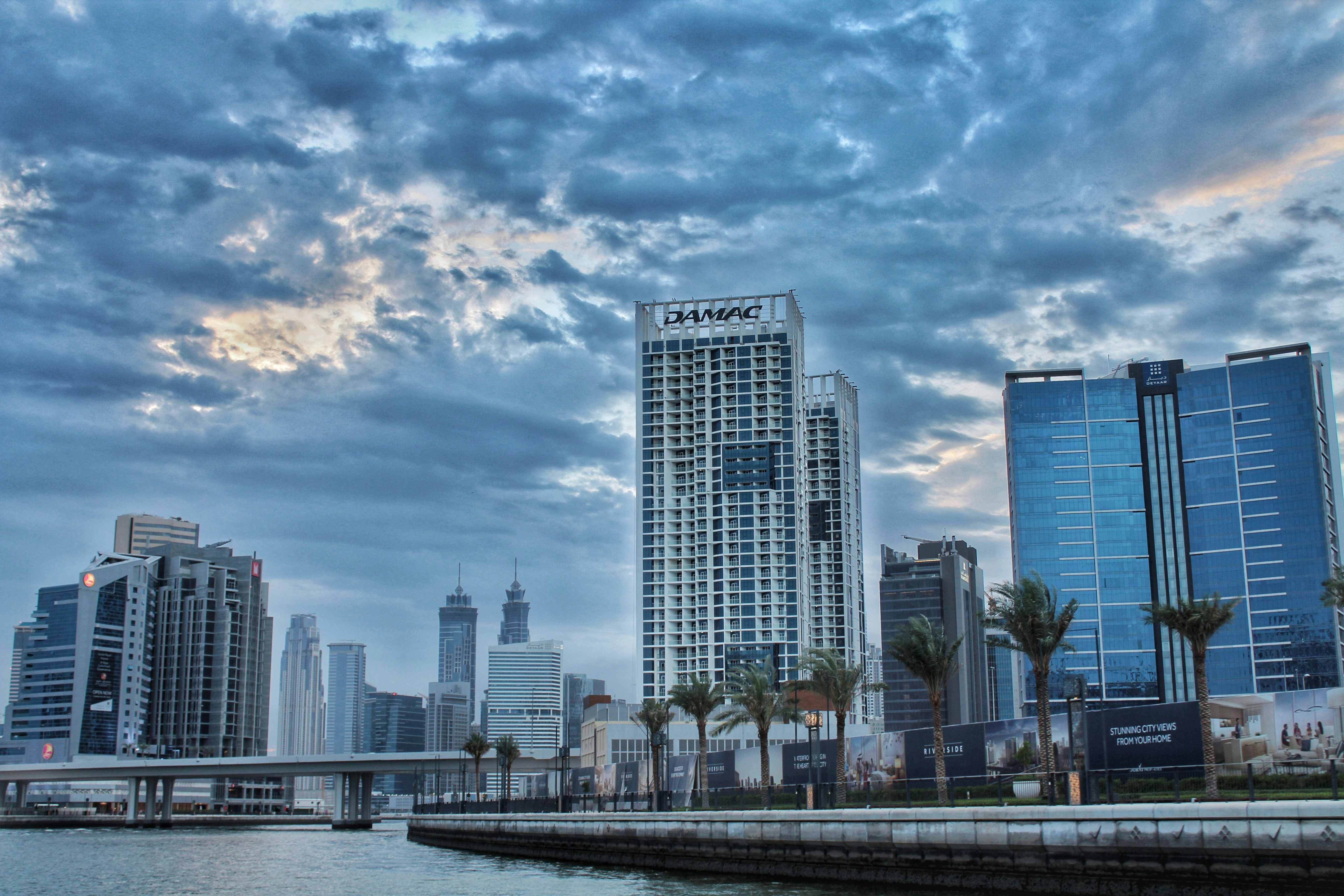Buying property in the UAE as an expat can be a lucrative investment, but navigating the legal landscape can be daunting. From understanding the specific laws governing foreign ownership to knowing which documents are required, it’s essential to be well-informed. This guide will walk you through the legal process of purchasing property in the UAE, outline the areas where expats are allowed to buy, and provide tips for a smooth transaction. Use the links below to navigate the different sections of this guide.
Table of Contents
- Why Buy Property in the UAE as an Expat?
- Understanding Property Ownership Laws for Expats in the UAE
- Legal Steps to Buying Property in the UAE
- Required Documents for Expats Buying Property
- Areas Where Expats Can Buy Property in the UAE
- Tips for Navigating the Property Buying Process
Why Buy Property in the UAE as an Expat?
The UAE, particularly Dubai and Abu Dhabi, is a top choice for property investment among expats due to its booming real estate market, tax-free environment, and potential for high returns on investment. The country offers a diverse range of properties, from luxurious apartments and villas to commercial spaces, catering to different needs and budgets. Additionally, owning property in the UAE often comes with residency benefits, making it an attractive option for expatriates seeking stability and long-term investment opportunities.
Furthermore, the UAE’s strategic location, advanced infrastructure, and high quality of life are other compelling reasons for expats to consider property investment. Whether for personal use, rental income, or capital appreciation, buying property in the UAE can be a sound financial decision.
Understanding Property Ownership Laws for Expats in the UAE
Foreign ownership of property in the UAE is governed by specific laws that vary by emirate. In Dubai, expats are allowed to buy property in designated freehold areas such as Downtown Dubai, Dubai Marina, and Palm Jumeirah. These areas offer full ownership rights, including the land, to foreigners. In contrast, other emirates like Abu Dhabi allow expats to buy property on a leasehold basis for up to 99 years or usufruct rights.
It is crucial for expats to understand the different types of ownership available—freehold, leasehold, and usufruct—and their respective legal implications. Consulting with a legal expert or a real estate advisor is highly recommended to navigate the complexities of UAE property laws.
Legal Steps to Buying Property in the UAE
The process of buying property in the UAE involves several legal steps, including:
- Research and Property Selection: Identify the property that suits your needs and budget, and ensure it is located in an area where expats can purchase.
- Agreement of Sale: Once you have selected a property, the buyer and seller must sign a Memorandum of Understanding (MOU), outlining the terms and conditions of the sale.
- Deposit Payment: A non-refundable deposit (typically 10%) is paid by the buyer to secure the property.
- No Objection Certificate (NOC): The developer must issue an NOC confirming that the property has no outstanding fees or issues.
- Transfer of Ownership: The ownership is transferred at the Dubai Land Department (DLD) or the respective authority in other emirates, and a new title deed is issued to the buyer.
Understanding each step of the process and ensuring all legal requirements are met is essential to avoid any potential disputes or complications.
Required Documents for Expats Buying Property
When purchasing property in the UAE, expats need to provide specific documents, including:
- Valid passport copy
- Residence visa copy (if applicable)
- Emirates ID (if applicable)
- Signed Memorandum of Understanding (MOU)
- Proof of income or bank statements
- No Objection Certificate (NOC) from the developer
It is advisable to have these documents ready and ensure they are up to date to facilitate a smooth transaction process. Consulting with a legal advisor can also help in ensuring all paperwork is correctly handled.
Areas Where Expats Can Buy Property in the UAE
The UAE offers several designated freehold areas where expats can buy property, such as:
- Dubai: Popular freehold areas include Downtown Dubai, Dubai Marina, Jumeirah Lake Towers (JLT), and Palm Jumeirah.
- Abu Dhabi: Expats can buy in Al Reem Island, Saadiyat Island, Al Raha Beach, and Yas Island under specific ownership structures.
- Sharjah: Expats can buy property on a leasehold basis for up to 100 years in areas like Al Mamsha and Al Nahda.
Each area offers unique advantages and investment opportunities. It is essential to consider factors such as location, property type, price range, and future growth prospects when choosing an area to invest in.
Tips for Navigating the Property Buying Process
To ensure a successful property purchase in the UAE as an expat, consider the following tips:
- Work with Reputable Agents: Choose experienced and licensed real estate agents who understand the local market and legal processes.
- Understand Financing Options: Explore mortgage options available to expats and compare interest rates and loan terms.
- Conduct Due Diligence: Research the property, developer, and area thoroughly before committing to a purchase.
- Consider Long-Term Goals: Evaluate whether the property aligns with your long-term investment or lifestyle goals.
Taking the time to understand the legal requirements, working with professionals, and conducting thorough research can help expats navigate the property buying process in the UAE with confidence.
Conclusion
Buying property in the UAE as an expat involves navigating a series of legal steps, understanding ownership laws, and being well-prepared with the necessary documentation. By being informed about the process and seeking professional guidance, expats can make a wise investment and enjoy the benefits of owning property in one of the world’s most dynamic markets. Contact Step Dream Real Estate for expert assistance in buying property in Dubai or any other emirate.



